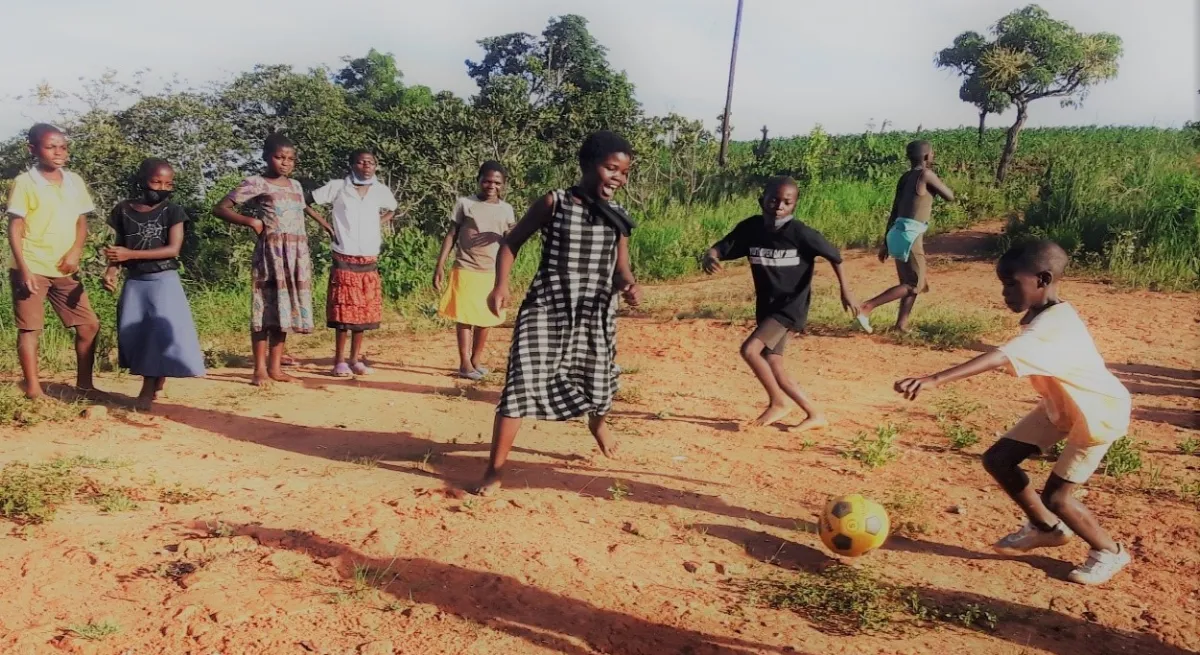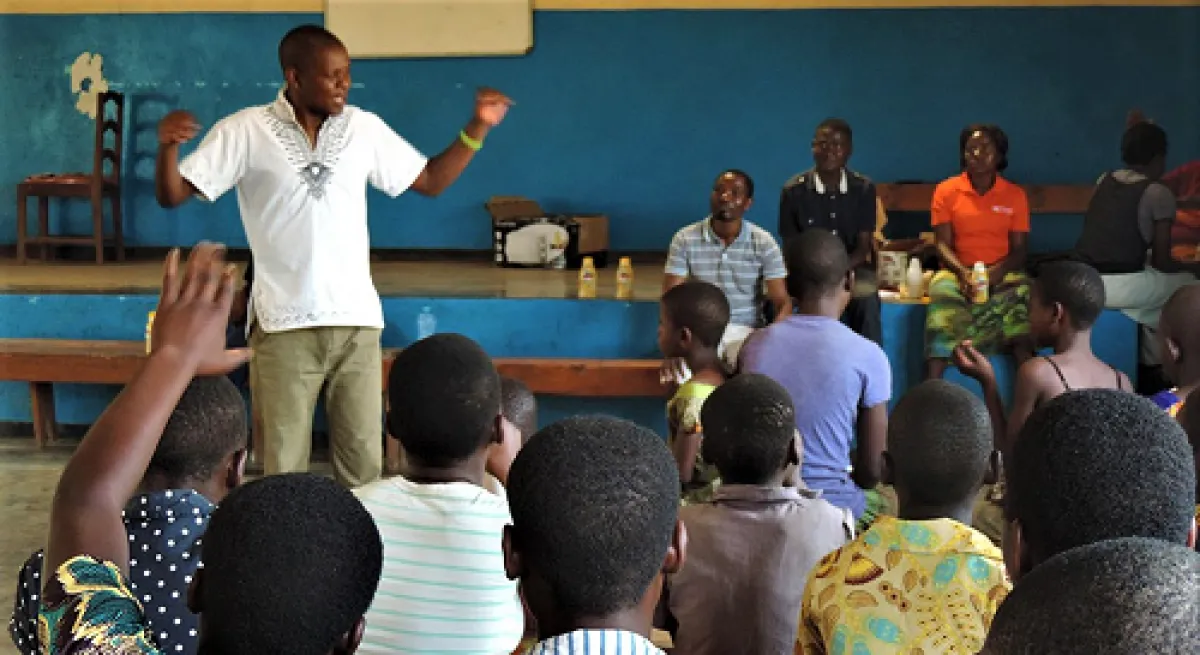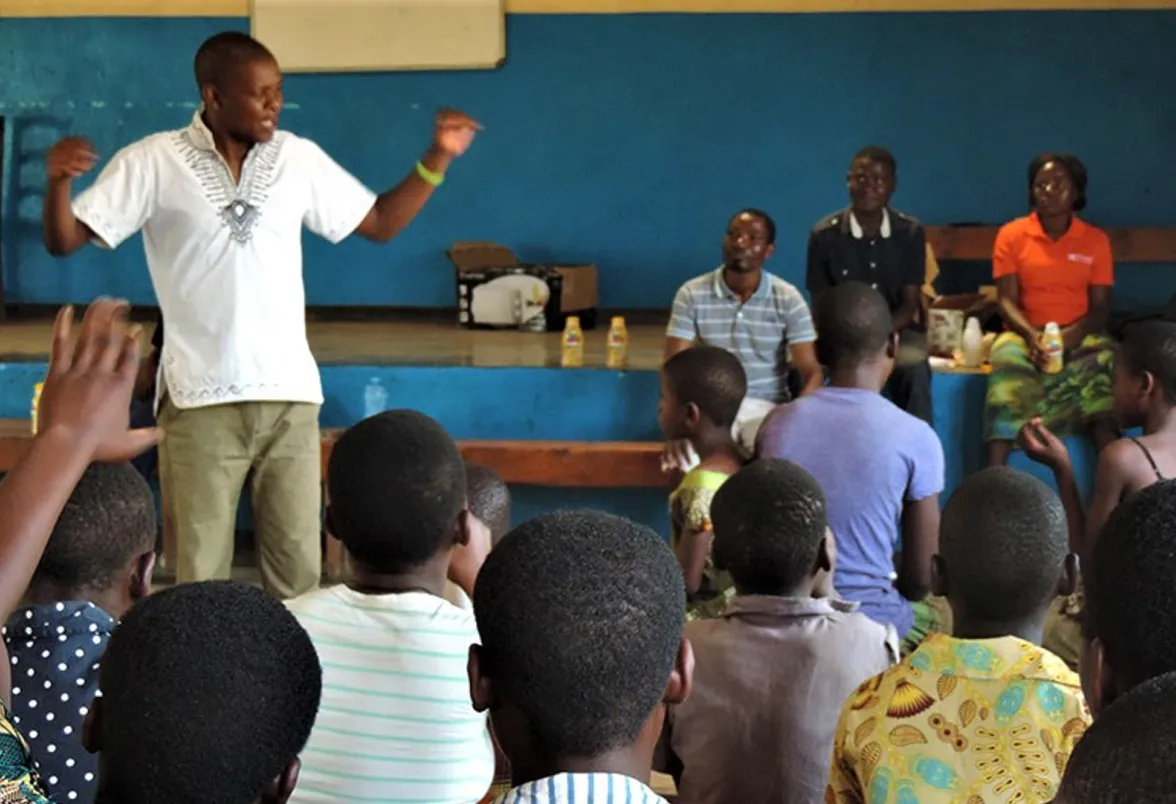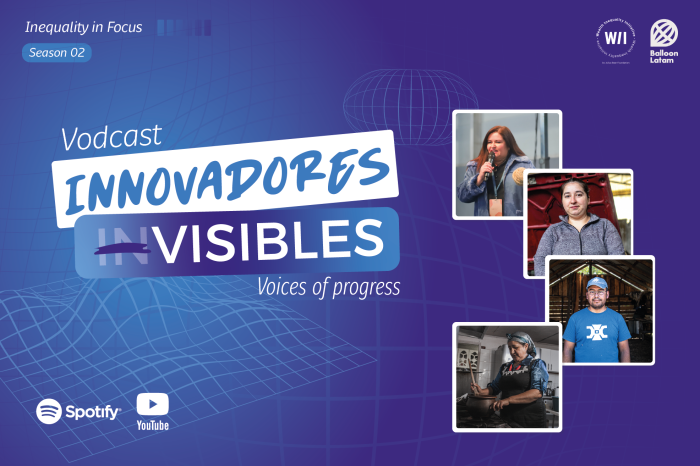In Malawi, the lack of adolescent- friendly health services and social stigma deter HIV positive adolescents from accessing vocational education and the labour market. APZU's redesigned curriculum for teen health facilities enables them to do just that.
-13.688786674503, 34.241000185821
OUTPUT
The redesigned Teen Clubs curriculum is enrolled in all fourteen health facilities in Neno, to ensure quality medical provision, mental coaching and vocational and networking activities.
OUTCOME
By 2025 the project aims to reach a 90% retention rate for teenagers in care, improving their physical health and securing the basic conditions to realise their potential
HIGHLIGHT
Malawi Ministries of Health, Labour, Youth Development, Gender, Agriculture and of Education all contributed to the new curriculum and will be engaged in upscaling the intervention into further districts.
"Today I am alive and I live a healthy life till now, because of the consistency of drugs and advice provided to us at Teen Club."
Our Commitment
The project ASPIRE, supported by Julius Baer Foundation and implemented by Partners in Health's local organisation APZU (Abwenzi Pa Za Umayo, which is the Malawian translation of Partners in Health, provides adequate medical antiretroviral treatment and educates vulnerable adolescents in their HIV Teen Clubs in the district of Neno with the goal of improving the adolescents' economic opportunities. It does so by:
- redesigning the teen club curriculum in close collaboration with various government ministries to include:
- medical care, healthy lifestyles and stigmas, as well as sexual and reproductive health and rights (SRHR) with special emphasis on sexual and gender-based violence;
- financial and computer literacy and other forms of vocational training, which had not been present in previous curricula
- thus, its equips marginalised 10-to 19-years-olds with medical care and the skills and network to realise their potential.
A medical, educational, and social cure for inequalities
Malawi has one of the highest HIV infection rates worldwide (8.9%)
Assisting HIV-positive adolescents over a long time, APZU has observed that the youths' challenges go beyond physical health.
Their pyschophysical condition and the lack of required wealth lead to meagre school participation.
Due to HIV stigmatisation, adolescent patients' adherence to medication stays low, hindering them from realising their full potential, participating in the labour market and gaining social mobility.


As a result, the wealth divide in the area is deepened, making wealth inequality one of the drives of the HIV epidemic in sub- Saharan Africa.
The economic burden of HIV rest upon the disadvantaged for generations.
In collaboration with the Julius Baer Foundation, APZU aims for a holistic approach to break the vicious cycle between HIV and wealth inequality.
The redesigned curriculum will mentor the adolescents more comprehensively, empowering them through healthcare, skill training and networking.
From stigmatised and isolated...
Burdened by poverty, stigma and a lack of education, HIV-positive adolescents adhere less to medications, becoming trapped in a spiral of vulnerability, hindering upward social mobility.
... to empowered and involved
Adolescents are empowered though proper medical care, mental coaching, education and access to network and job opportunities, allowing then to build better lives and stronger societies.
Become a Changemaker

Make an impact that lasts a lifetime — discover opportunities at Partners in Health to donate, volunteer, work, and learn.

